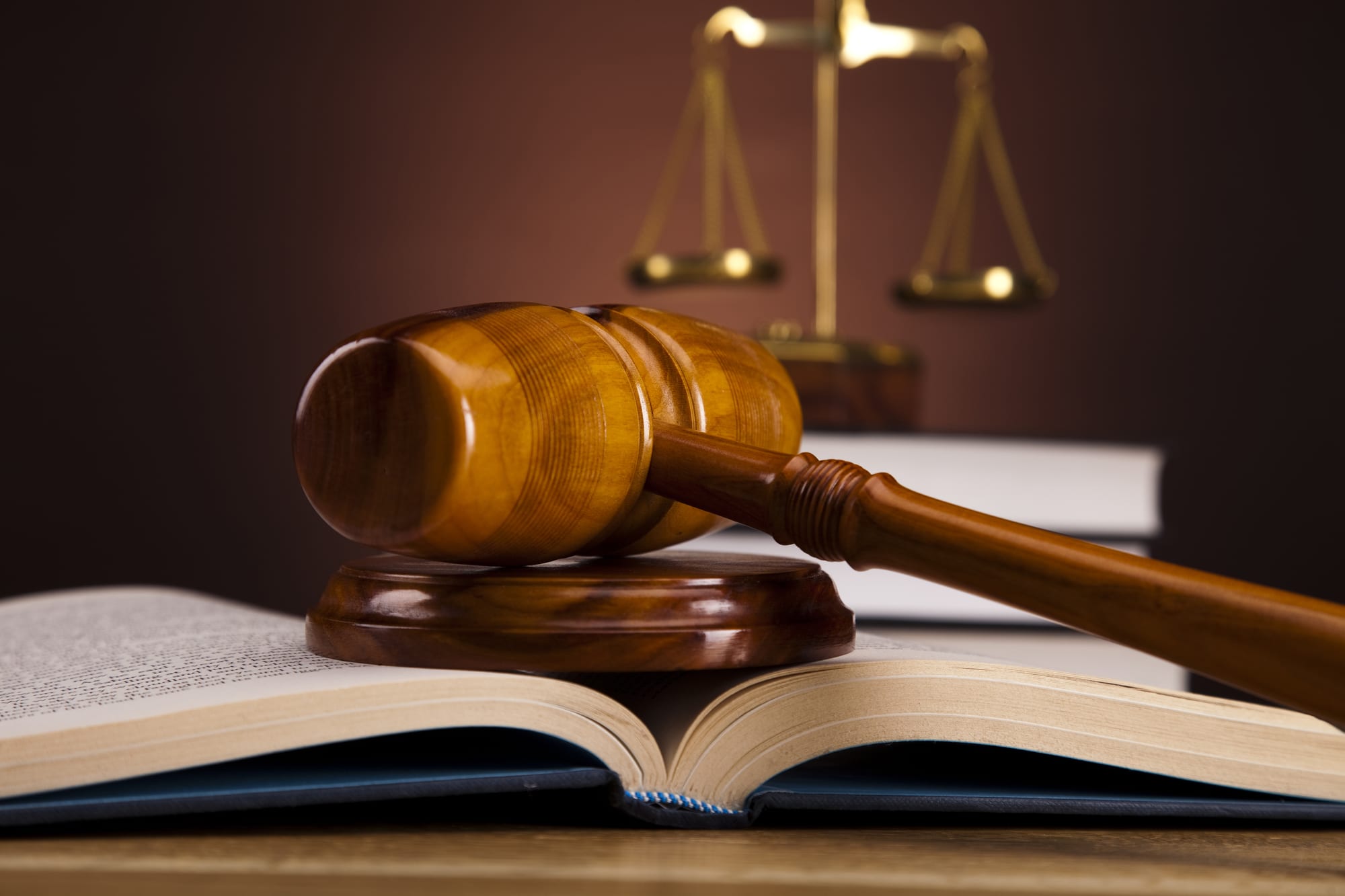


A business tort is part of business litigation law, which is very broad and complex, as a business lawyer Abingdon, VA trusts can explain. Regardless of what kind of business you operate, it is possible for you to be subjected to litigation at any time. For this reason it is important to ask a business lawyer in Abingdon, VA to review any guides, handbooks, contracts agreements, or other literature made by your business. This is especially true whenever you have updated them. In doing so, errors, mistakes, or vulnerabilities can be identified and modified as appropriate, and this could ward off potential litigation issues.
A business tort might also be referred to as an economic tort. It is basically anything that might be considered to be a wrongful act committed against another business. A business tort can be an act of recklessness or negligence, but in most cases it was intentional.
The most common reason for a person to commit a business tort is to cause another business, usually a competitor, a financial loss immediately or in the near future. It is not a criminal act to commit a business tort, but some might be treated in a similar way.
If a business suffered damages, such as a financial loss, because of another party’s actions – intentional or not – they might be able to seek damages through the civil claims process. In general, any party involved in the business tort will need to retain an Abingdon, VA business lawyer to ensure their rights are being protected.
A business tort can impact a business’s reputation, growth, market position, and relationships with clients.
The financial losses that may be included in a civil claims might be those that are current and also those that are prospective.
Any business who has suffered a loss from another person’s actions can rightfully file a business tort claim.
Before you can begin the litigation process, a business lawyer in Abingdon, VA should ensure the following three elements are present.
If someone caused you damage, you should consult an Abingdon, VA business lawyer to find out if you have a business tort claim.
There are several different kinds of business torts, some examples include:
Every state has their own tort law remedies that can help the plaintiff to recover monetary damages and prevent any further losses. If you believe your business has suffered because of a business tort, call a skilled business lawyer Abingdon, VA trusts from the Law Offices of Mark T. Hurt, today.
“We hired Mr. Hurt to help settle a worker’s comp injury case for my husband. Mark, Bart, and Mary worked tirelessly to resolve his case and reach a settlement we were pleased with. They were always available to answer questions and returned calls in a timely manner.“